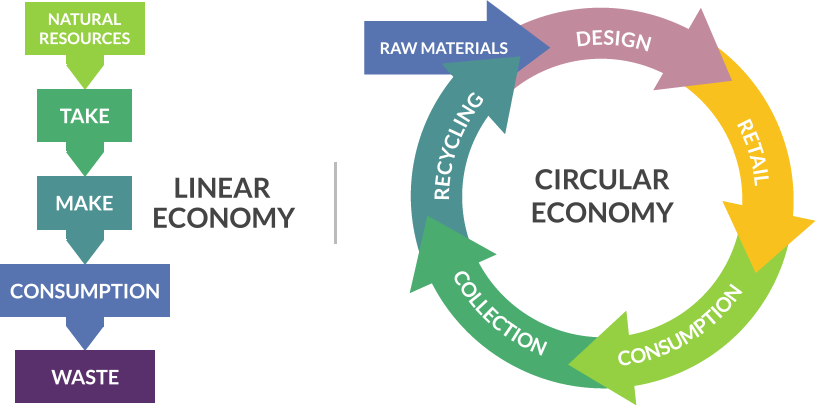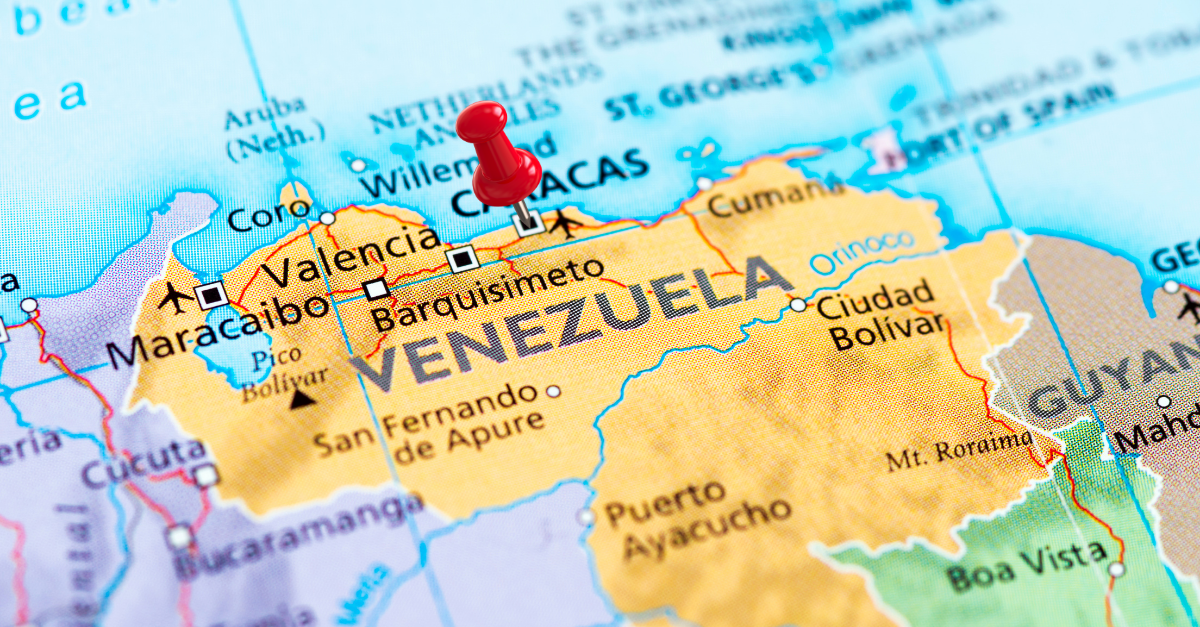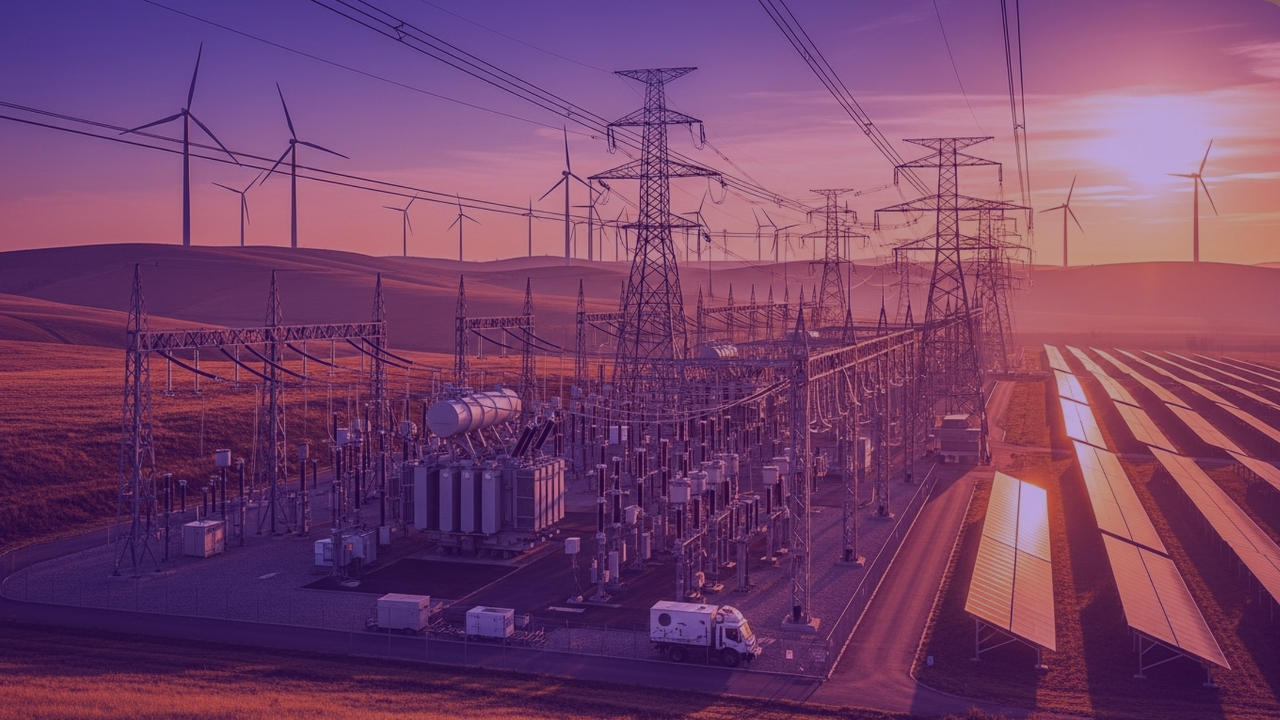Imagine a world without landfills.
Currently, we operate in a linear economy based on the “take, make, waste” cycle. This means we transform resources to create a product and then dispose of it when we no longer deem it valuable.
The alternative is a circular economy, predicated on intention and designing out waste. A circular economy involves technical and biological cycles. The technical cycle manages the use of finite and man-made materials that are recovered, reused and repaired instead of thrown away.
The biological cycle is the consumption of non-toxic, renewable materials followed by regeneration. In this cycle, “waste equals food” and nutrients are returned in order to restart the cycle through composting or anaerobic digestion. In addition to the environmental benefits of reducing waste and pollution, a circular economy inspires innovation, lowers costs and stimulates economic growth.
Source: End of Waste Foundation
Ellen MacArthur Foundation, Towards a Circular Economy: Business Rationale for an Accelerated Transition, December 2015, https://www.ellenmacarthurfoundation.org/assets/downloads/TCE_Ellen-MacArthur-Foundation_9-Dec-2015.pdf
Get the latest news & insights from MarketVector
Get the newsletterRelated:





